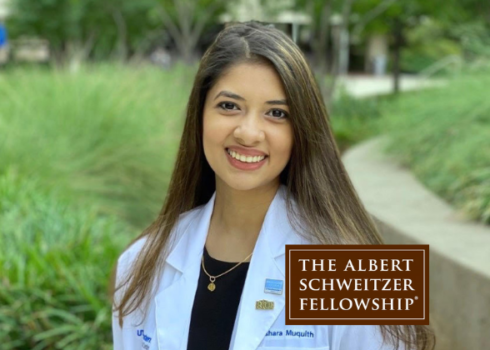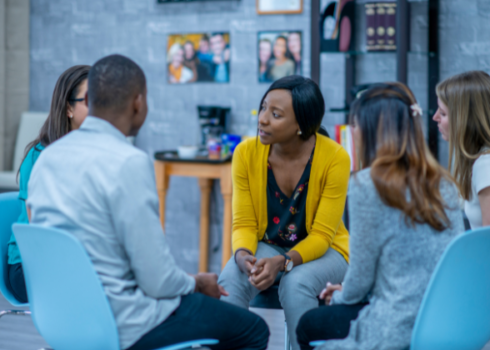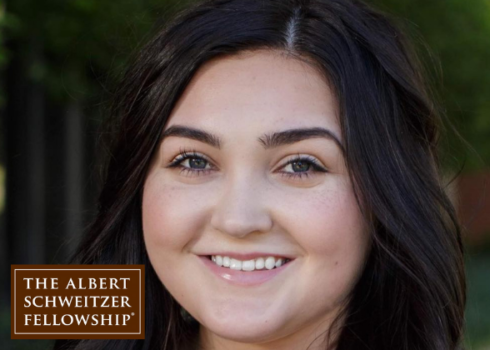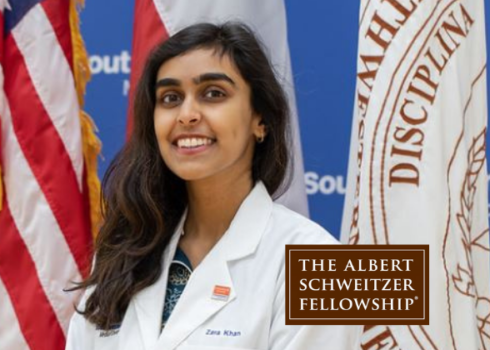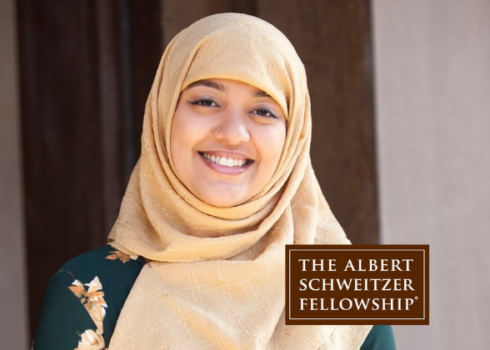Our collective mission to advance the health of the public has been fundamental to the advancement and prosperity of families in our region. In 2015, Southwestern Medical Foundation joined with the Dallas-Fort Worth Albert Schweitzer Fellowship Program (ASF) to bring the innovative service and leadership program to medical and graduate students in the Dallas-Fort Worth area. 2021 Schweitzer Fellow Kerry Arrington is doing just that through a project that focuses on social-emotional learning strategies to help equip students with resiliency.
The Schweitzer Fellowship aims to address local health disparities and the social determinants of health while developing future leaders. It was coined as a nod to the renowned physician-humanitarian and health care hero, Dr. Albert Schweitzer, who continues to inspire the legacy of community service through health care.
We had the opportunity to discuss the inspiring work of some of this year’s DFW Albert Schweitzer Fellows, who continue the spirit of Dr. Albert Schweitzer by investing in our region’s health.
An Interview with Schweitzer Fellow Kerry Arrington
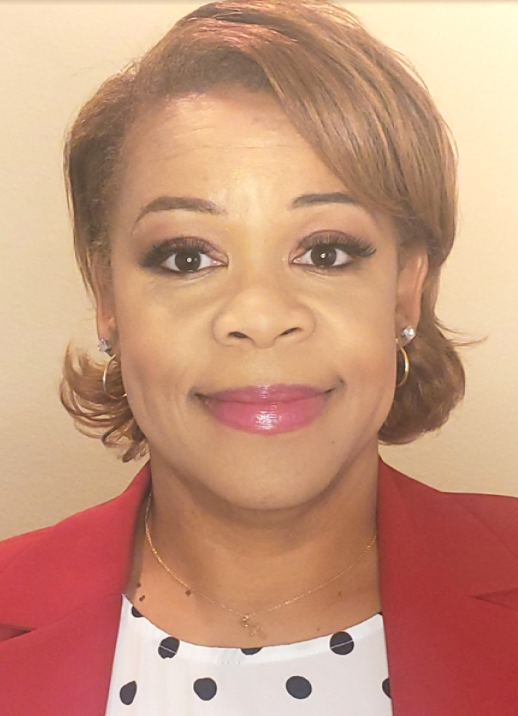
Q: Can you tell us a little bit about your background and what has led up to this moment in your career?
A: I am in my second career: Education. I have been a teacher for 10 years and an administrator for two years in the Dallas Independent School District. Currently, I am a graduate student finishing up on my second year in the Urban Leadership Program at Southern Methodist University (SMU). Community service and giving back has always been a key component of my life and this opportunity was so beneficial to me in continuing to work within the community.
Community service and giving back has always been a key component of my life and this opportunity was so beneficial to me in continuing to work within the community.
Kerry Arrington
Q: What is the main goal of your project and how does it promote social-emotional learning strategies?
A: My project provides math tutoring to the students of Young Men’s Leadership Academy at Fred F. Florence. with a social-emotional learning component. Social-emotional learning strategies will help equip the students with the resiliency to conquer math skills as well as deal with the after-effects that the pandemic has caused such as feelings of isolation, sadness, and depression.
Q: What does being an Albert Schweitzer Fellow mean to you?
A: Being an Albert Schweitzer means a lot to me. It has provided me the opportunity to do what I love, working directly with students in the area of math while addressing the social-emotional needs that they have. This past year and a half, students have had to deal with the trauma of the pandemic—from the loss of loved ones to being isolated from friends and family members. My project puts a focus on helping students deal with those mental issues that can cause them to feel anxiety, fear, and loneliness. My tutoring project mitigates learning loss along with teaching kids how to breathe and stretch their way through the tough times. Social-emotional learning is so important to students in helping them regulate emotions and feelings that arise. We work to build a sense of community in our virtual sessions.
This past year and a half, students have had to deal with the trauma of the pandemic. My project puts a focus on helping students deal with those mental issues that can cause them to feel anxiety, fear, and loneliness.
Kerry Arrington
Q: What role do you think philanthropy plays in supporting research and innovation?
A: Finding solutions and coming up with creative methods to help alleviate or reduce challenges within the medical community is paramount. Without philanthropy, many cures and procedures would have taken longer, if at all reached.
The Legacy of the Albert Schweitzer Fellowship
The philosophy that ASF champions aligns with the principles the Foundation has represented since its founding. Both ASF and the Foundation were established during World War II to develop leaders in service and inspire great citizenship through philanthropy. ASF was founded by Helene Bresslau Schweitzer and Albert Schweitzer in 1940. During the same time period, Southwestern Medical Foundation instituted the Ho Din Award.
Through the Ho Din Award, the highest honor bestowed on a graduating medical student from UT Southwestern, the Foundation has supported students who exemplify knowledge, understanding, and compassion. The Fellowship Program personifies these values, instilling a life-long philosophy of compassionate patient care, and paving the way for better health for all.
The Fellowship is open to students in eight local universities, including Baylor University, Southern Methodist University, Texas Christian University, Texas Woman’s University, University of Dallas, University of Texas at Arlington, University of Texas at Dallas, and UT Southwestern Medical Center.
